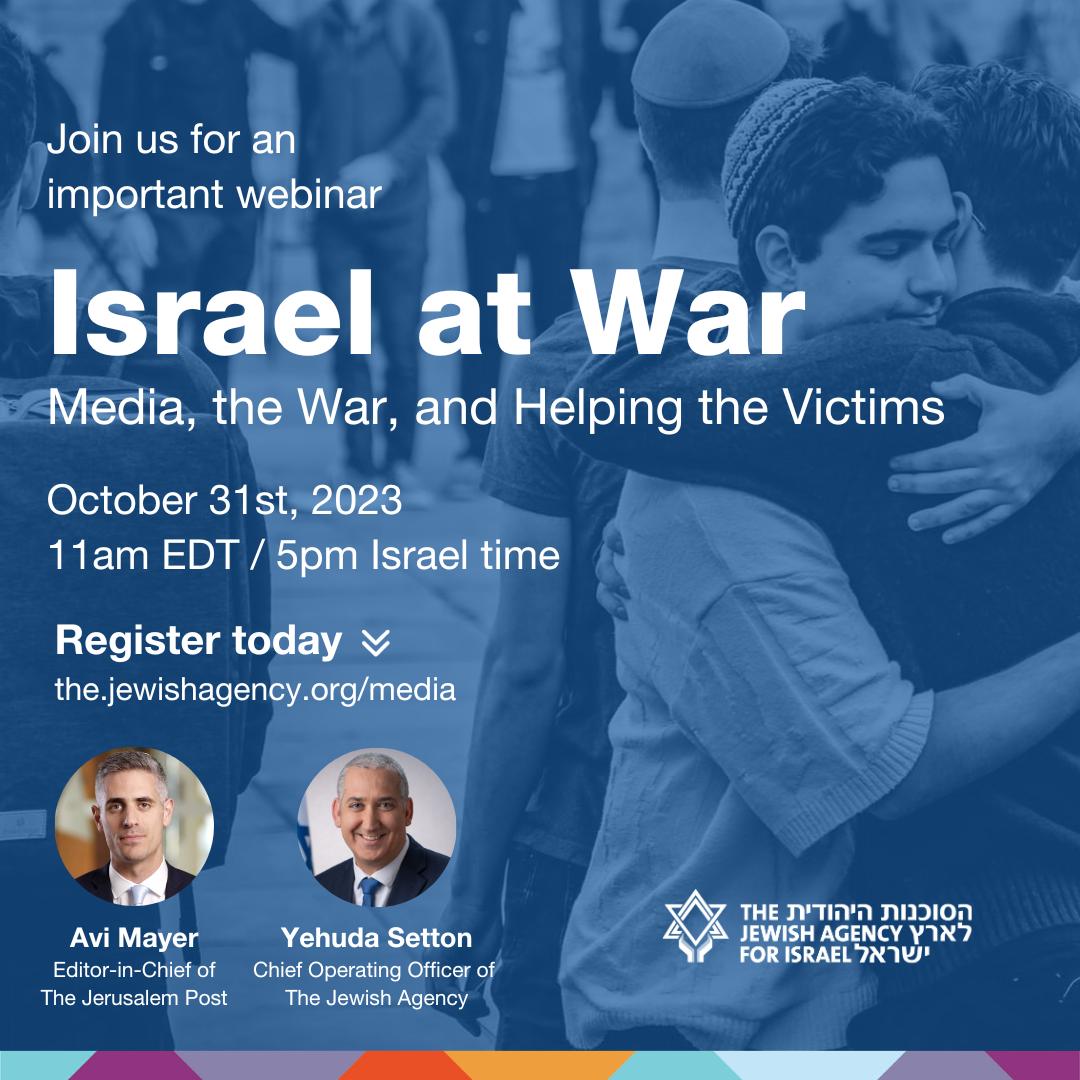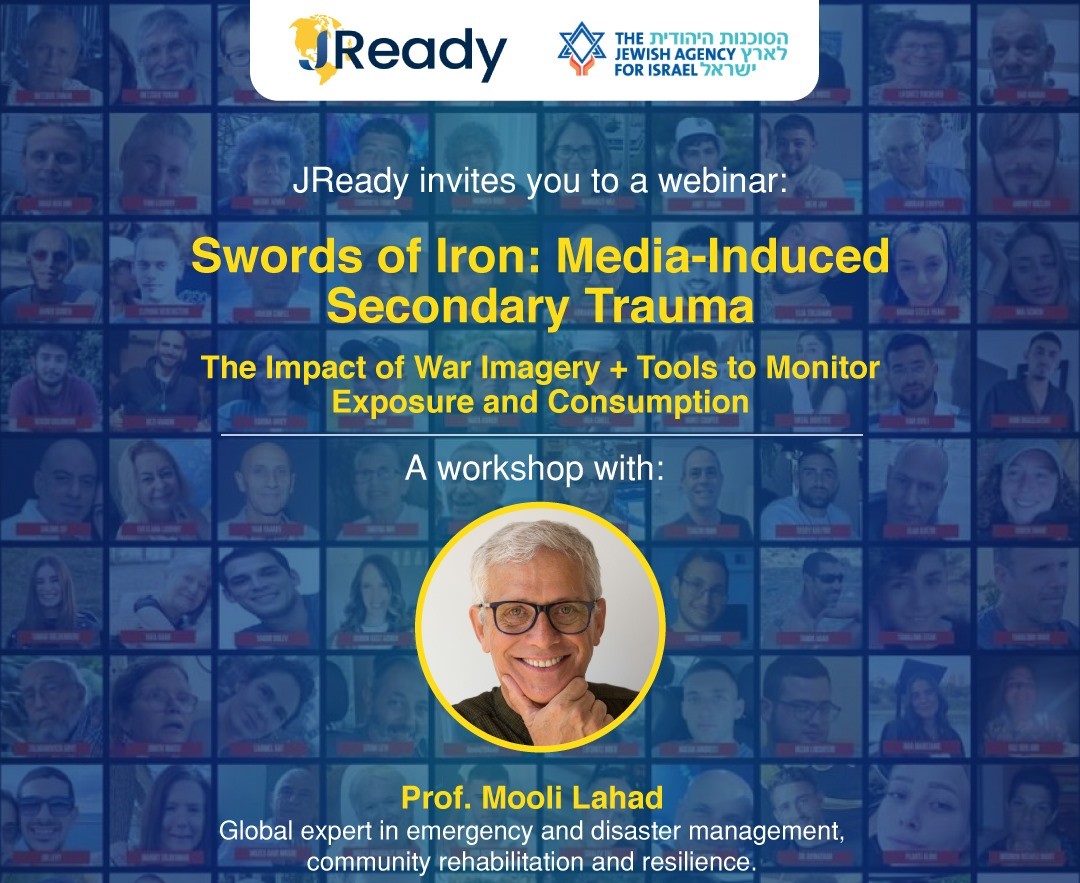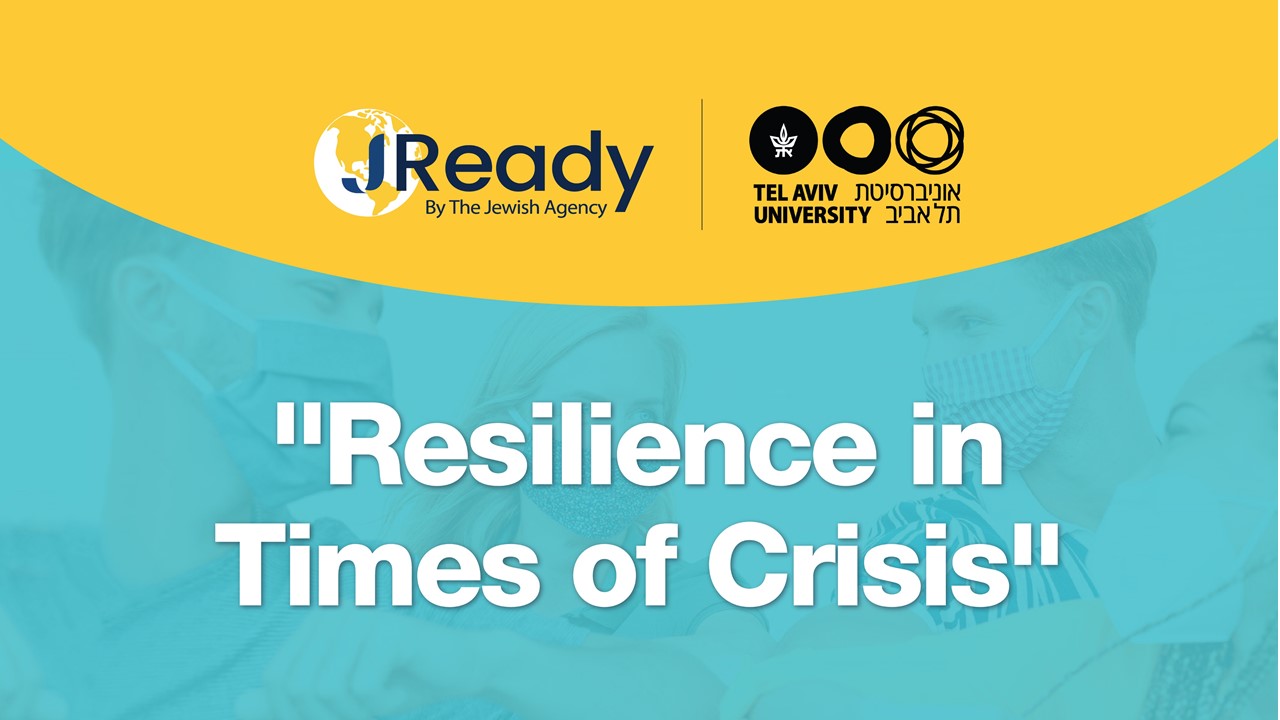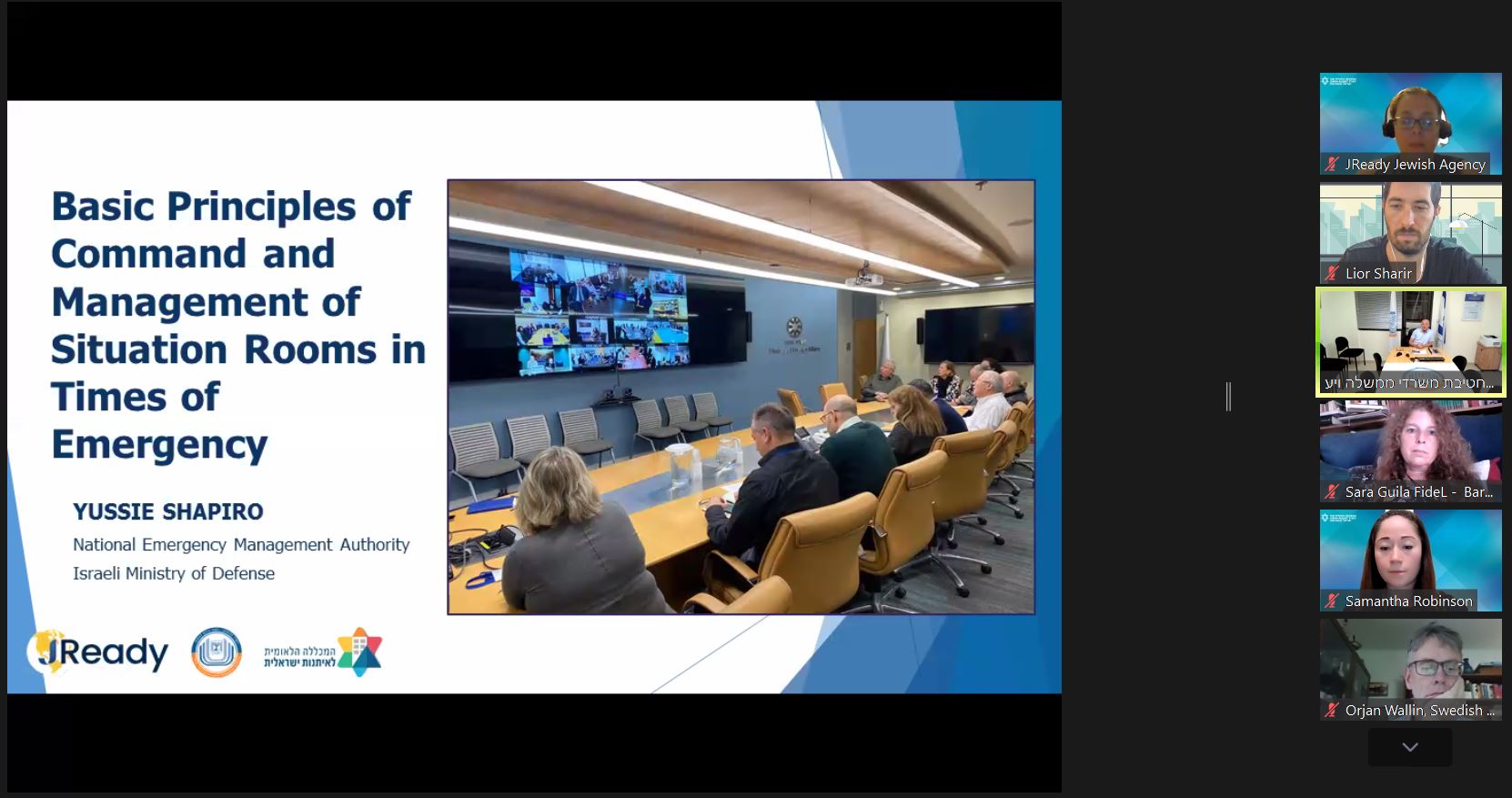Communication
Tool Kit
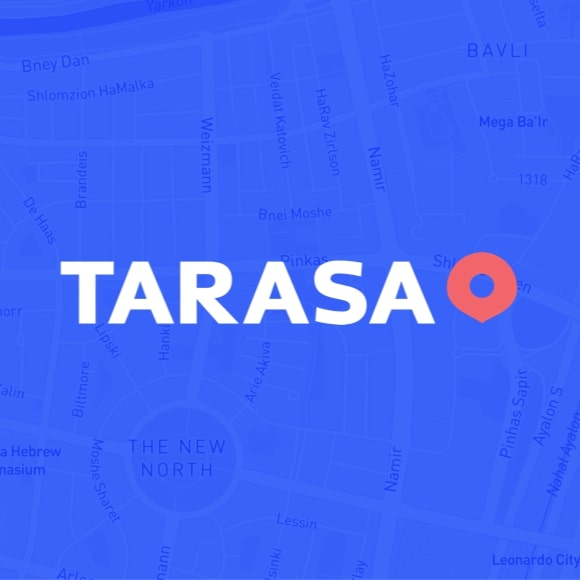
Tarasa – Community Memories in Times of COVID-19
Free
The local memories of each community travel between people, places, objects, and homes the members of the
councils know their stories well.
TARASA is the...
Expert Consultation

Horacio Kurland
Organizational Communication and Community Development consultant
Horacio is a consultant in Organizational Communication and Community Development. A Specialist in the design, planning, maintenance, and implementation of social and...
Schedule a consultation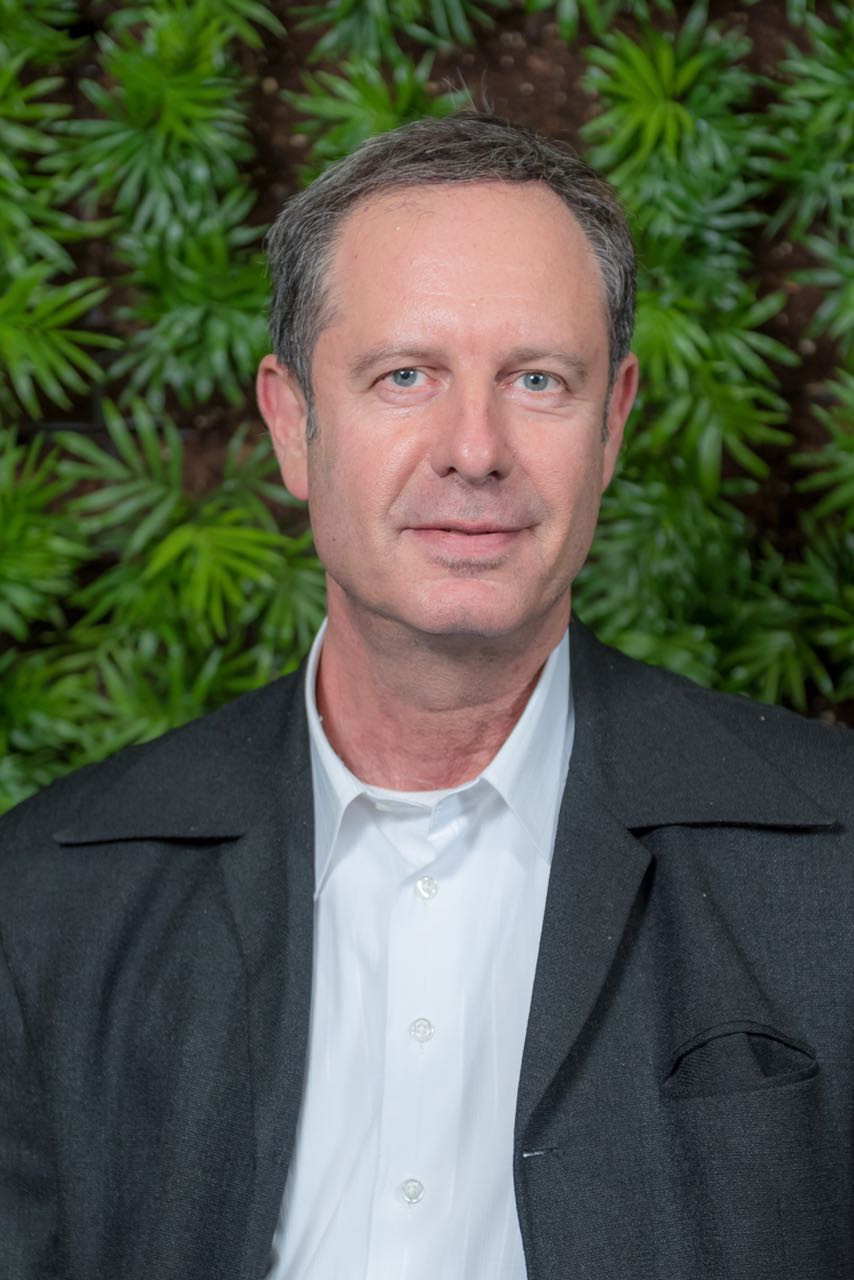
Ophir Pines-Paz
Head of the Institute of Local Government, Tel Aviv University
Ophir holds a bachelor's degree with honors in international relations from the Hebrew University of Jerusalem, and a master's degree in public policy from Tel Aviv...
Schedule a consultation
Yuri Gankin
Digital Marketing expert specializing in Digital Strategy, Growth & Innovation and Crises Management
Digital Marketing expert specializing in Digital Strategy, Growth & Innovation and Crises Management with more than 12 years of hands-on experience. The founder and CEO...
Schedule a consultation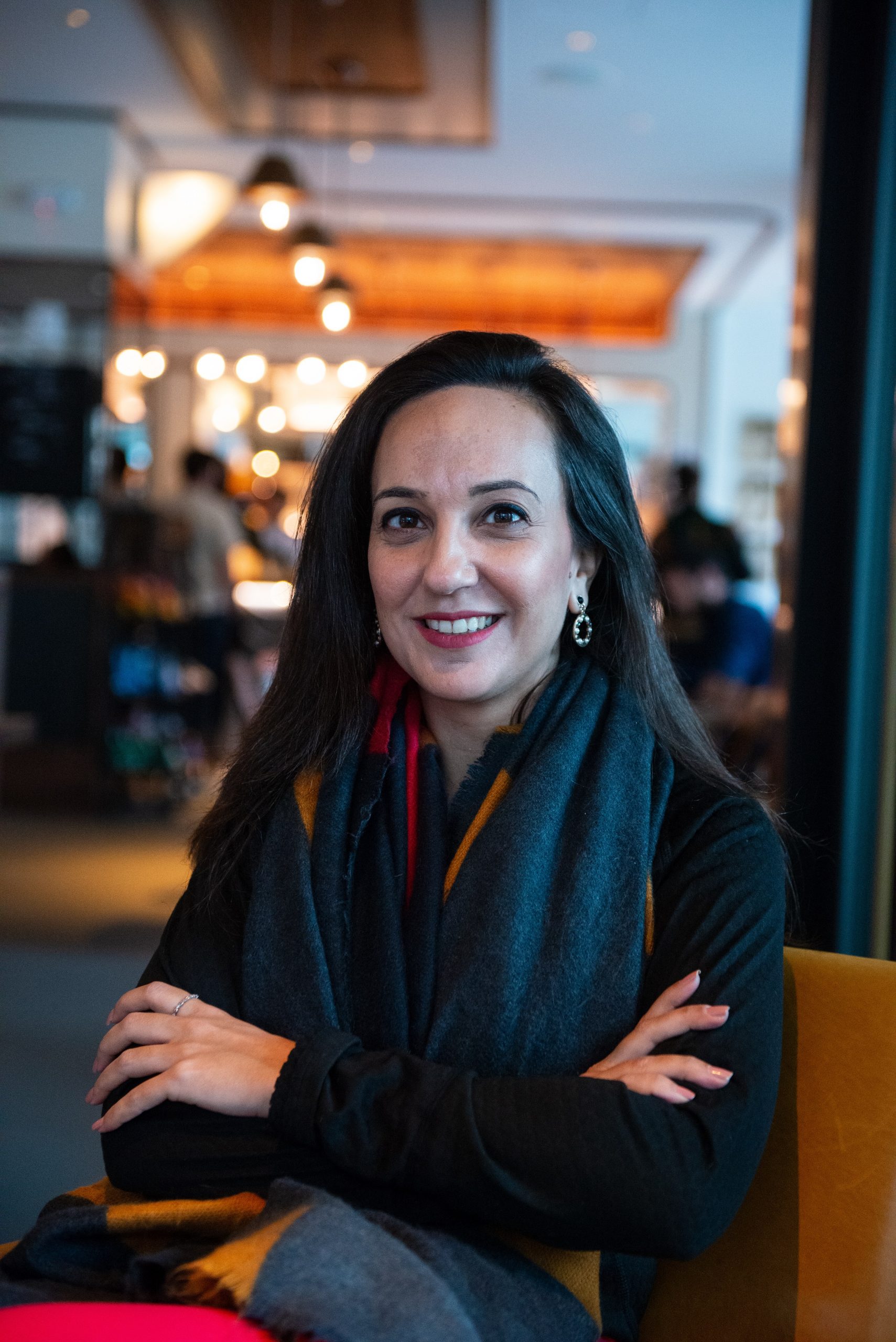
Sharona Shir Zablodovsky
Public Diplomacy Expert
Sharona Shir has worked in the NGO’s sector for more than a decade, focusing on initiative, establishment, and project management on missions related to Israel and...
Schedule a consultation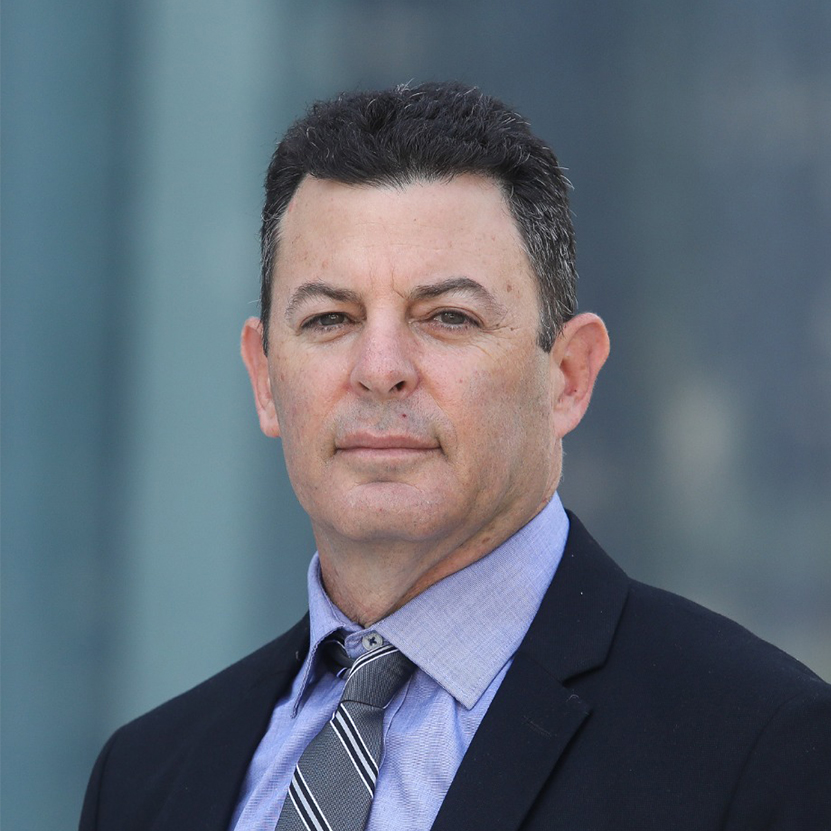
Yarden Vatikay
Strategic-communications expert. Former Head of the National Information Directorate
Unique experience in strategic communications on the national level; recently concluded over 11 years as founder and head of the National Information Directorate in the...
Schedule a consultation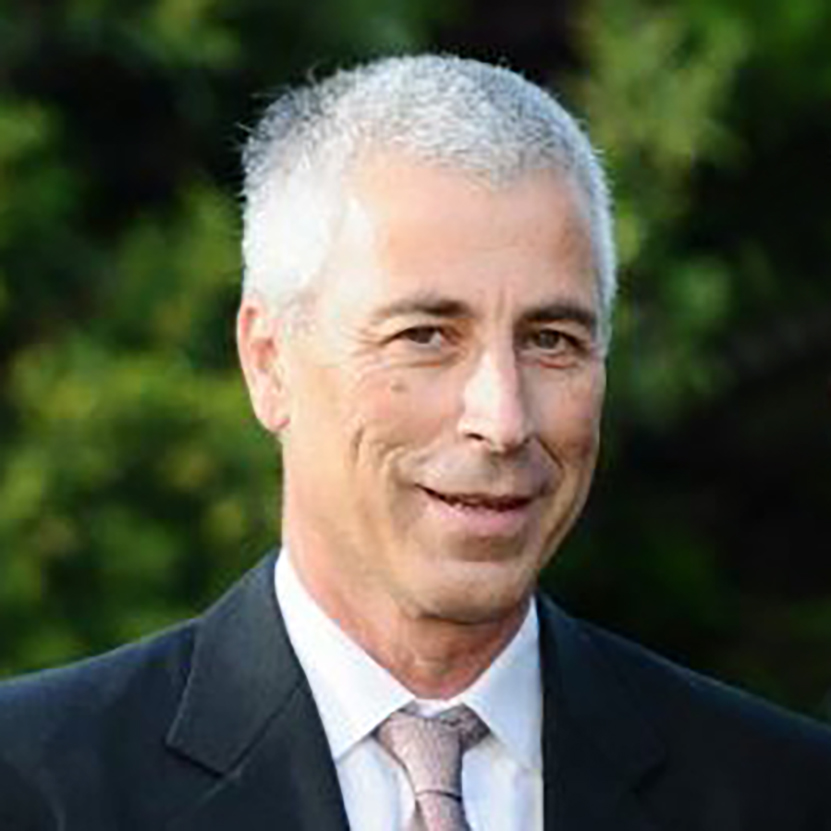
Gilead Shenhar
Senior consultant in the Homeland Security arena
An expert in emergency and disaster response planning and management, multi-agency/multi-disciplinary operational response and risk communication and dealing with R&D in...
Schedule a consultationBest Practices

Smadar Spearman
Israel
Providing emotional support via the telephone during emergency situations has become a well-known and accepted method for helping people. In the past, the telephone was seen as an alienating means of communication. Today, however, most people are intimately attached to their smartphones (which are actually mobile personal computers) and can use them to access many services. Asking for assistance via telephone has become legitimate, and is even more common than face-to-face meetings.
This widespread use of mobile phones can be seen as representing the physical and psychological distance between people in the reality of the twenty-first century. At the same time, mobile phones can bring people together during emergencies and in their aftermath, when security and stability have been severely undermined. Phones can also be used to provide assistance to people who were not directly harmed, and facilitate their efforts to restore a sense of equilibrium. Research has proven that using phones to help people in need is effective, simple, and economical in terms of time and emotional energy.
Israeli citizens have used the Ministry of Welfare’s Open Line service frequently, and it has received positive feedback. In the meantime, the threats of war and terrorism continue. This has led to the conclusion that the Open Line should become an official and professionalized service.

"Combat Antisemitism Movement" and "Fight Online Antisemitism"
Reporting antisemitic content on social media networks is easy and anonymous. The account/person who posted the content will not see you reported it.
You can find step-by-step guides to reporting hateful content on the most popular social media platforms in the attached pdf.
